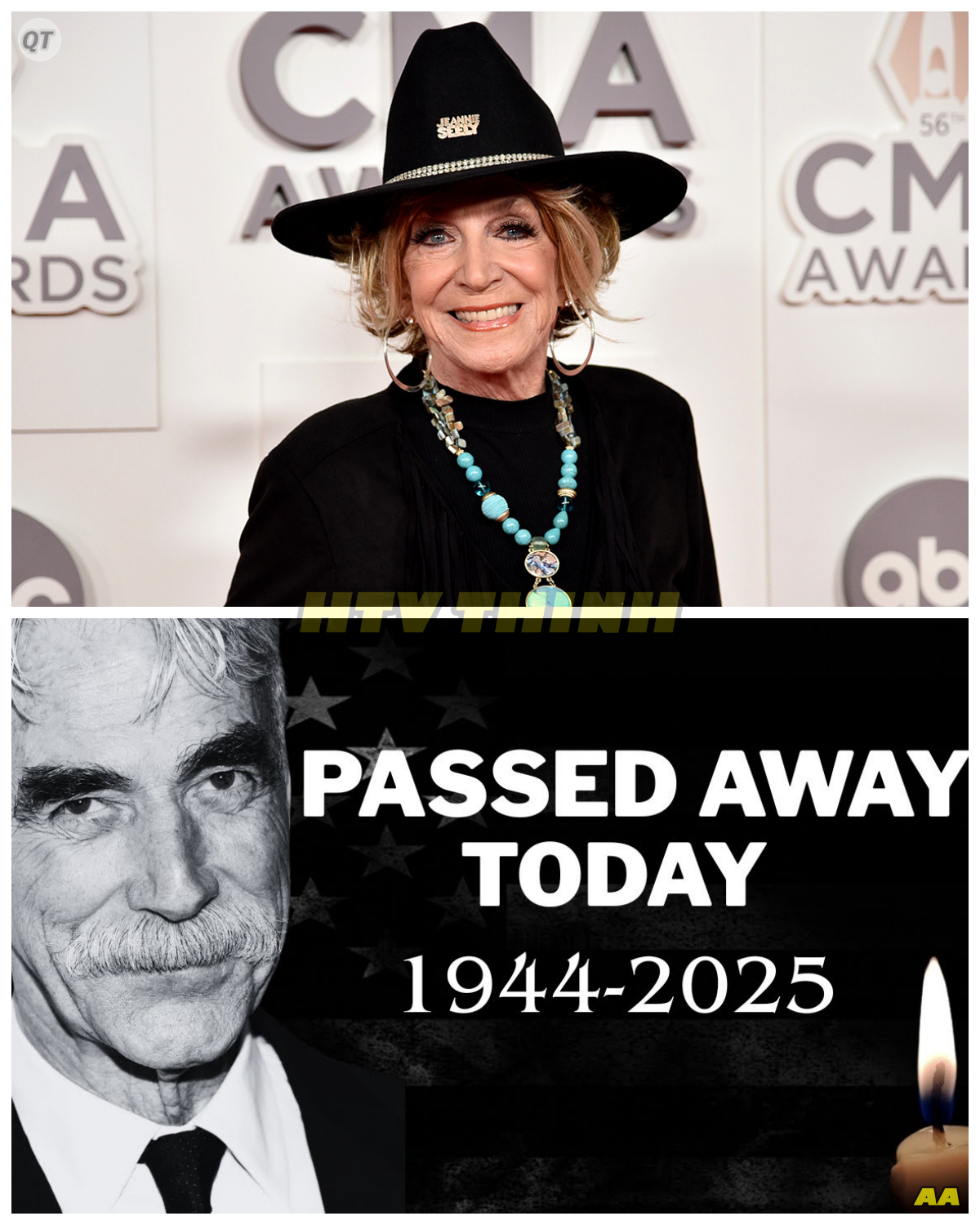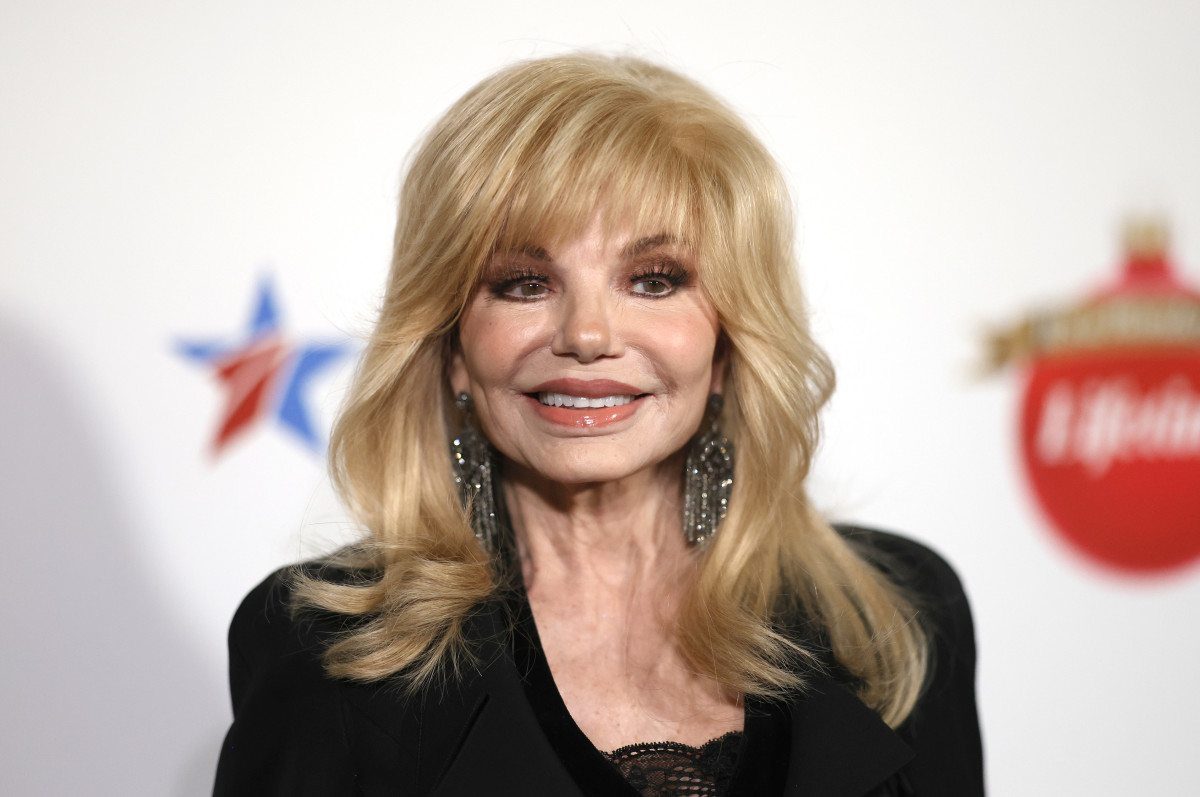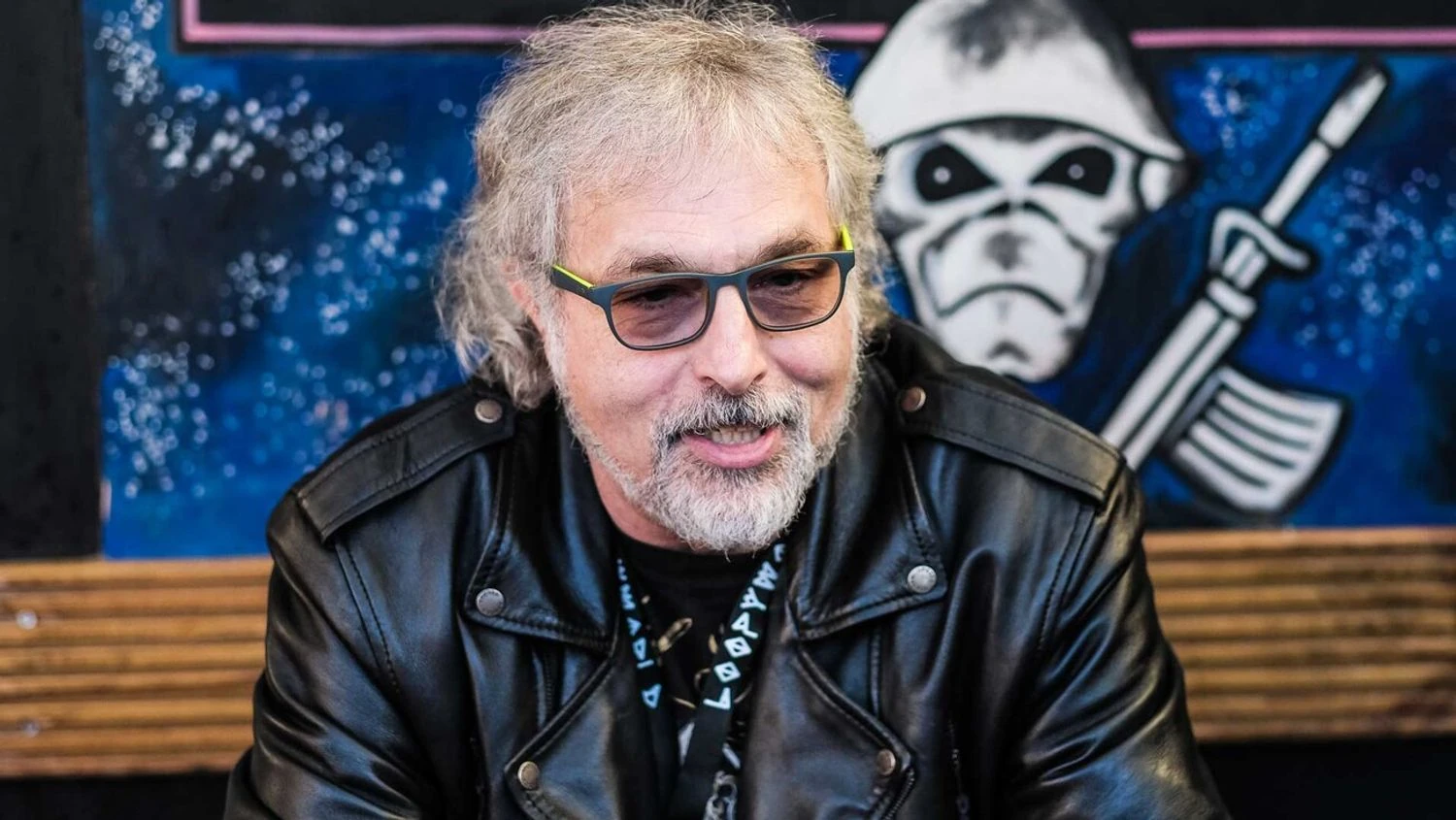
 Hollywood en ruinas: Tres luminarias americanas mueren hoy de formas que desafían toda lógica. “Cuando la fama se convierte en una maldición…”
Hollywood en ruinas: Tres luminarias americanas mueren hoy de formas que desafían toda lógica. “Cuando la fama se convierte en una maldición…” 
 Prepárate para una historia llena de traiciones, misterios y giros que te dejarán sin aliento.
Prepárate para una historia llena de traiciones, misterios y giros que te dejarán sin aliento. 
Posted by
–
The Final Curtain Falls: How Three American Legends Died Today and Left the World Reeling

The world of entertainment is a stage where stars shine brilliantly—then vanish without warning.
Today, that stage dimmed forever as three American icons took their final bows, leaving behind legacies carved in passion, pain, and artistry.
Their deaths are not just headlines—they are seismic shocks that ripple through the heart of culture itself, a brutal reminder of fame’s fleeting nature and the human fragility beneath the spotlight.
First, there was Loni Anderson, a television goddess whose smile lit up living rooms across America.
Best known for her role in WKRP in Cincinnati, she was the embodiment of charm and comedic brilliance.
Her laughter was a balm, her presence a beacon during the golden age of sitcoms.
But behind the radiant facade lay a woman fighting the relentless tides of time and personal battles hidden from the public eye.
Her death today is a shattering loss, a sudden silence where once there was vibrant energy.
It’s a cruel irony that someone who brought so much joy could leave a void so vast.
Her story is a reminder that even stars who seem immortal are vulnerable to the shadows creeping beyond the camera’s glow.

Then there’s Jeannie Seely, the “Miss Country Soul,” a voice that bled raw emotion and authenticity.
A Grammy winner and Grand Ole Opry legend, her songs were not just melodies—they were stories of heartache, hope, and the human spirit.
She was a trailblazer, a woman who carved her path in a world dominated by men, inspiring generations with every note.
Her passing today is a seismic rupture in the country music world.
It’s as if a soulful river has run dry, leaving fans to grapple with the silence that follows a lifetime of song.
Her death is a haunting echo of the power of music to heal—and the pain when that music stops.
:max_bytes(150000):strip_icc():focal(739x323:741x325)/Jeannie-Seely-portrait-050725-0af8173d971a430eabe9e7b9eda762a3.jpg)
Finally, the heavy metal world mourns Paul Mario Day, the original voice that helped forge Iron Maiden’s legendary sound.
His contributions laid the foundation for a genre that roared with rebellion and raw power.
Paul was more than a singer; he was a pioneer who ignited a flame that still burns fiercely in the hearts of millions.
His death today is a thunderclap, a brutal reminder that even the loudest voices can be silenced.
It’s a devastating blow to a community built on strength and defiance, revealing the fragile humanity beneath the leather and steel.
These three deaths are not isolated tragedies—they are intertwined threads in the fabric of American culture unraveling before our eyes.
Each life was a story of passion met with struggle, brilliance shadowed by vulnerability.
The shockwaves of their passing force us to confront uncomfortable truths about fame, legacy, and mortality.
Behind every spotlight is a human story, often messy, painful, and deeply real.

The final curtain has fallen on Loni Anderson, Jeannie Seely, and Paul Mario Day—but their echoes will reverberate forever.
Their art, their voices, their laughter live on as testaments to lives fiercely lived and passionately shared.
Yet, the question lingers: what price did they pay for their fame?
What battles did they fight in the silence, away from adoring crowds and flashing cameras?
Today’s losses are a brutal unmasking of the Hollywood dream, a stark reminder that behind the glamour lies a fragile human heart.
As the world mourns, stunned and speechless, we are left with a profound sense of loss—and a call to cherish the fleeting beauty of life and art.
Because in the dazzling, ruthless world of fame, even legends must face the ultimate truth:





